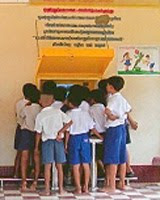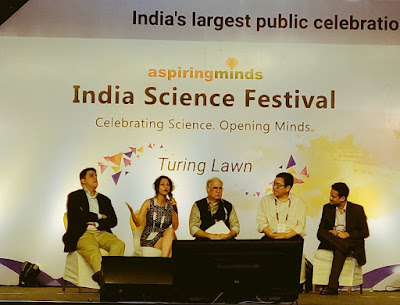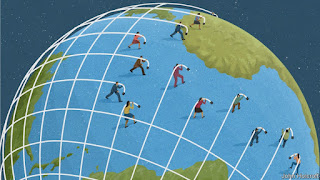IAMCR Conference 2011 in Istanbul: Theme: Cities, Creativity, Connectivity


Istanbul, here we come! The International Association for Media and Communication Research (IAMCR) will be starting next week from the 12th to 18th of July with papers surrounding the theme of Cities, Creativity, Connectivity.
I'll be Chairing a Program session on the "Second Wave of the Digital Divide" as well as presenting a paper on the following topic:
The leisure divide: Can the Third World come out to play?
In this Web 2.0 era, evidence is mounting on human ingenuity and creativity with and within online spheres. Much has been documented on how users innovate in a myriad of ways, opening possible economic and techno-social opportunities through play. From initially being viewed as “wasteful” and “idle,” cyberleisure is slowly but steadily being recognized as potentially productive, labor intensive and commercially fruitful. In fact, online leisure has stimulated a virtual economy where “dragon sabers,” a cyberweapon of the Legend of Mir III sells on ebay and “Farmville,” an online farming application on Facebook propels users to speed up their virtual harvest with real currency. In this global and information society, such innovation has become fundamental to getting ahead as the rat race moves online. That said, when we look at the world of ICT and international development, a different story seems to emerge. Much focus is placed on how the Net is being used for a range of utilitarian means such as healthcare, education, to employment. An army of commercial ethnographers from Microsoft, Intel, Google and Hewlett Packard as well as the usual INGO suspects, have been unleashed to capture the newly empowered in action. As billions of dollars are being invested to bridge the digital divide in developing countries, much is at stake on amassing evidence that the poor are, in fact, leapfrogging chronic socio-economic barriers through ICT. Hence, visions of the farmer accessing crop prices online, ridding himself of the tyranny of the middlemen infuse policymakers and practitioner discourses, streamlining research agendas even more so on measuring how ICT is being used for utilitarian ends. However, the underlying assumption here is that somehow users in Third World countries are inherently and intrinsically different somehow from the Western world. While there is no pretense on the fact that what most users do online in the West are primarily “purposeless” – social networking, porn, idle browsing and media consumption and production, there seems to be a belief that users in the emerging markets will have a more conventional work ethic online; they will virtuously reach out for ways to get information for healthcare diagnostics and treatment, online education to agricultural best practices. While undoubtedly this happens, this paper argues that there is a possibility that much of what users do even in Third World countries is, in fact, heavily leisure oriented.To build this case, this paper first examines the relationship between labor and leisure, a) historically and b) comparatively, online and offline. After which, we investigate how new information and communication technology usage has been perceived over time in the Third world nations - intentions versus actual practices. Lastly, this paper traces out the commonalities between supposed First and Third world nation’s practices of new media usage, making the argument that we need to stop exoticizing users in ‘emerging markets’ as more utilitarian driven and work conscious. Instead, this paper calls for a conscious inclusion of cyberleisure in the larger analysis of new media usage in supposed Third World countries.



Comments
Post a Comment